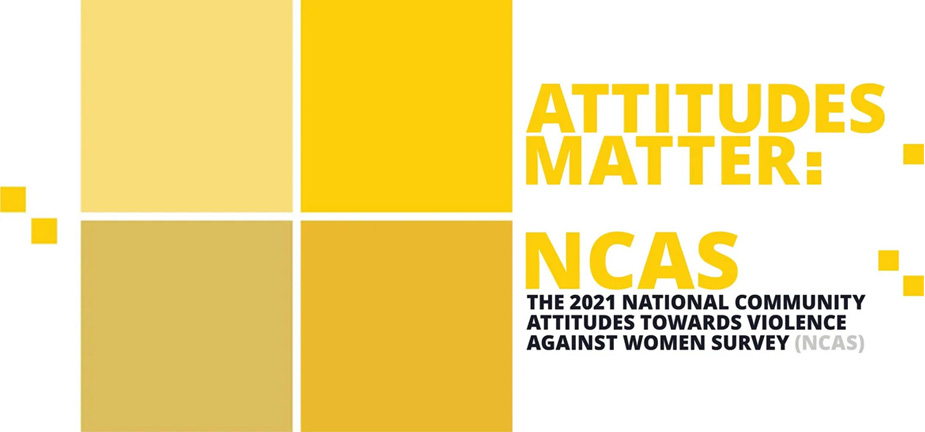The data from ANROWS have just been released, showing 41 per cent of respondents mistakenly believe domestic violence is equally committed by men and women, an increase from 23 per cent in 2009. There are several reasons for this mistaken belief, the key one being that the data is victim focused.
Another key reason is that of ‘sex symmetry’ and because we live in a male-dominated society in terms of leadership and power structures … people don’t want to have that kind of reflection.”
What we do know about perpetrators is that they are predominantly men.
Men perpetrate violence against women at much higher rates than the ABS reported rate of 75% for the following reasons:
- 1. Men are less likely to self report using violence against their current or former partner.
- Women are more likely to self report using violence
- Most female victims don’t report to authorities or tell anyone
- Women are less likely to recognise they’re in a violent relationship if he doesn’t use physical violence
- Police misidentify female victims as perpetrators in at least 12% of cases
- Police misidentify 50% of Aboriginal women as perpetrators in cases where she is subsequently killed by a partner
- Men’s use of violence is an underreported cause of women victims dying by suicide
- Men’s violence is more severe, more frequent and more fear inducing -stats don’t reflect this
- Men’s use of violence is more likely to lead to female victims death
- “We know that most of women’s violence is in the context of self-defence,” for example, Dr Brown says, while with men it’s about “entitlement, power and control”
- Women are also more likely than men to self-report their use of violence, inflating the stats, as well as studies using “clumsy methodology” such as “simply counting the blows”, says Dr Brown.
View The Full Report
Associate Professor Magdalena Simonis AM is a Past President of the AFMW (2020-2023), former President of VMWS (2013 & 2017-2020) and current AFMW National Coordinator (2024-2026). She is a full time clinician who also holds positions on several not for profit organisations, driven by her passion for bridging gaps across the health sector. She is a leading women’s health expert, keynote speaker, climate change and gender equity advocate and government advisor. Magda is member of The Australian Health Team contributing monthly articles.
Magdalena was awarded a lifetime membership of the RACGP for her contributions which include past chair of Women in General Practice, longstanding contribution to the RACGP Expert Committee Quality Care, the RACGP eHealth Expert Committee. She is regularly invited to comment on primary care research though mainstream and medical media and contributes articles on various health issues through newsGP and other publications.
Magdalena has represented the RACGP at senate enquiries and has worked on several National Health Framework reviews. She is author of the RACGP Guide on Female Genital Cosmetic Surgery and co-reviewer of the RACGP Red Book Women’s Health Chapter, and reviewer of the RACGP White book
Both an RACGP examiner and University examiner, she undertakes general practice research and is a GP Educator with the Safer Families Centre of Research Excellence, which develops education tools to assist the primary care sector identify, respond to and manage family violence . Roles outside of RACGP include the Strategy and Policy Committee for Breast Cancer Network Australia, Board Director of the Melbourne University Teaching Health Clinics and the elected GP representative to the AMA Federal Council. In 2022. she was award the AMA (Vic) Patrick Pritzwald-Steggman Award 2022, which celebrates a doctor who has made an exceptional contribution to the wellbeing of their colleagues and the community and was listed as Women’s Agenda 2022 finalist for Emerging Leader in Health.
Magdalena has presented at the United Nations as part of the Australian Assembly and was appointed the Australian representative to the World Health Organisation, World Assembly on COVID 19, by the Medical Women’s International Association (MWIA) in 2021. In 2023, A/Professor Simonis was included on the King’s COVID-19 Champion’s list and was also awarded a Member (AM) in the General Division for significant service to medicine through a range of roles and to women’s health.

